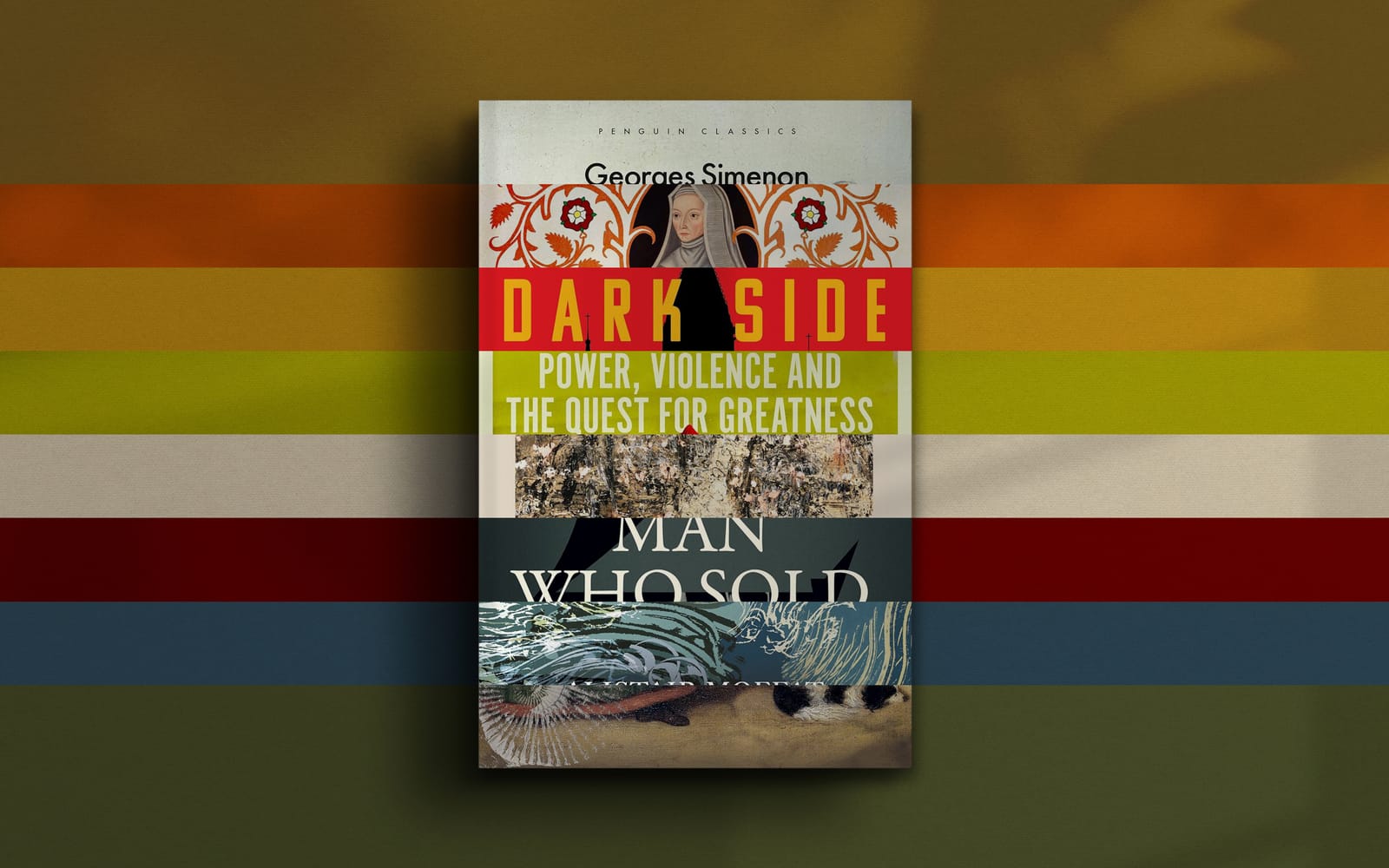New History Books for March 2024
From the Romans to Queen Victoria, Propaganda to Poisoning
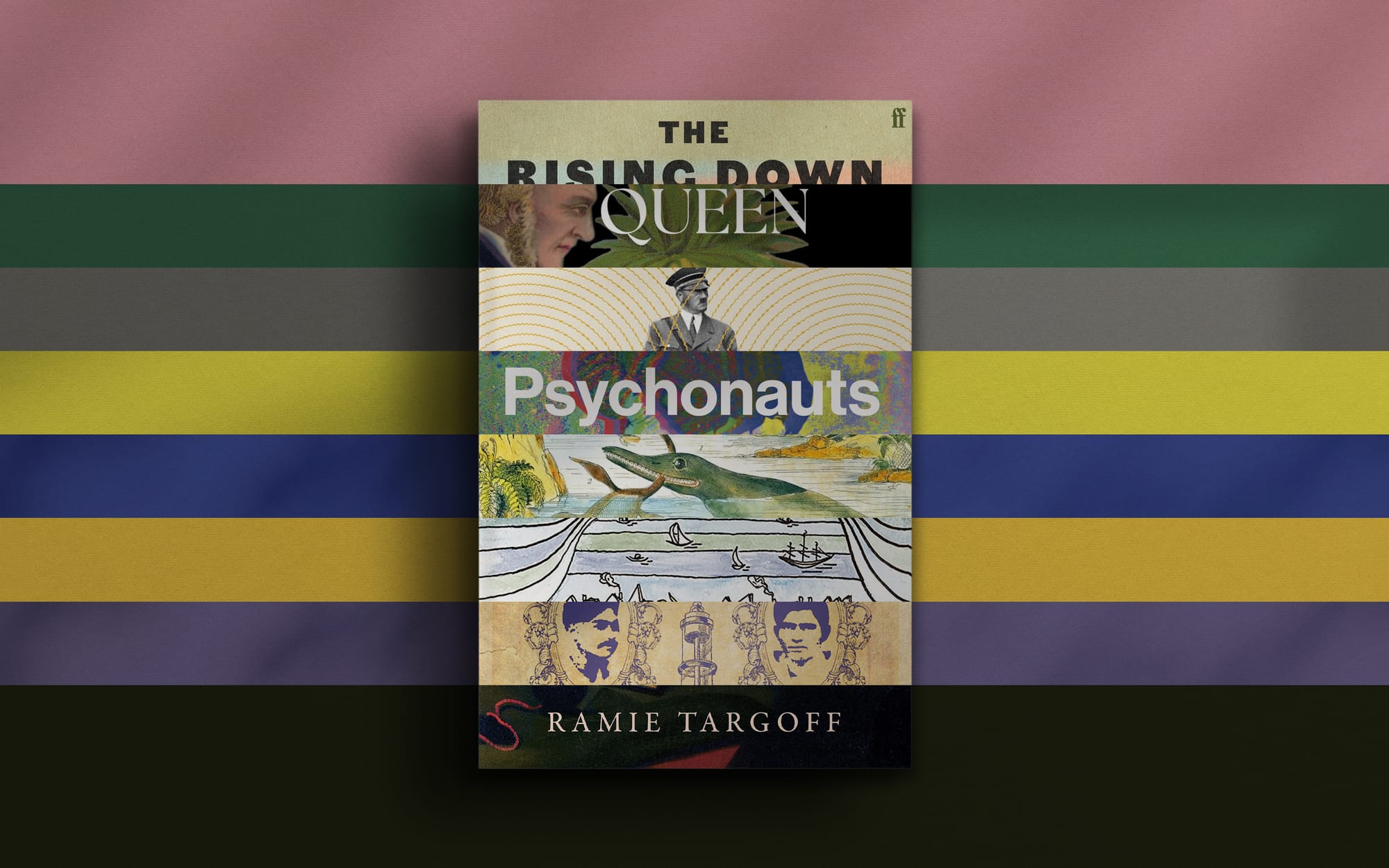

Here is a selection of anticipated new history books that will be released over the month ahead.

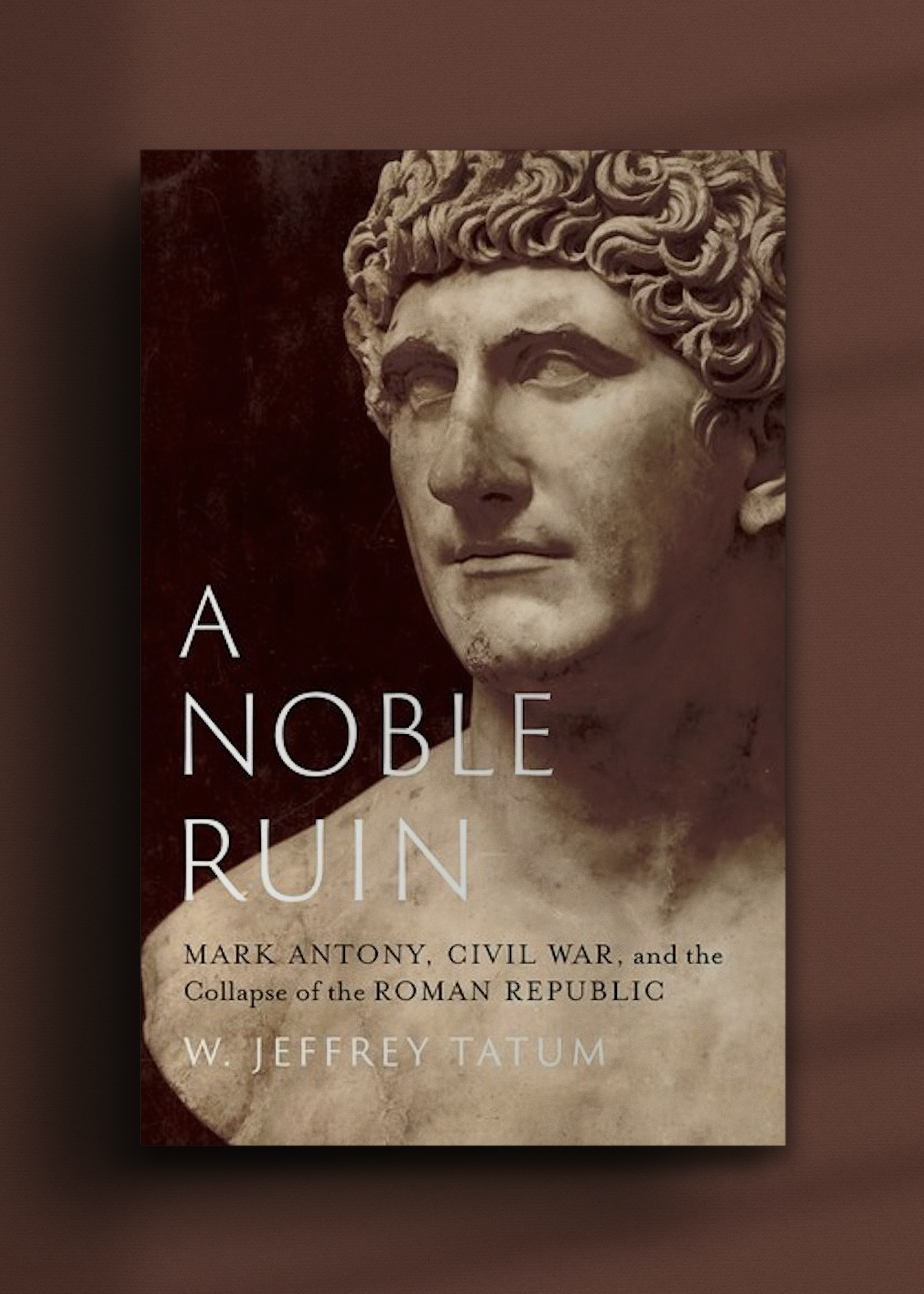
A Noble Ruin: Mark Antony, Civil War, and the Collapse of the Roman Republic by W. Jeffrey Tatum
Oxford University Press, 1 March, 2024
Our politics might seem hysterically chaotic, but, as any Roman historian will tell you, it pales in comparison to events in the Eternal City in the first century BC. That era, which saw the fall of the Roman Republic, was a time of towering figures like Julius Caesar, Cato the Younger and Cicero. In A Noble Ruin, Professor Jeffrey Tatum of the Victoria University of Wellington casts his eyes on another leading Roman from this period.
Mark Antony, the general who became a political ally of Caesar and then famously married Cleopatra the daughter of Ptolemy, remains a divisive and enthralling character. Tatum’s deeply researched new biography of him is billed as ‘the most complete’ ever published in English.

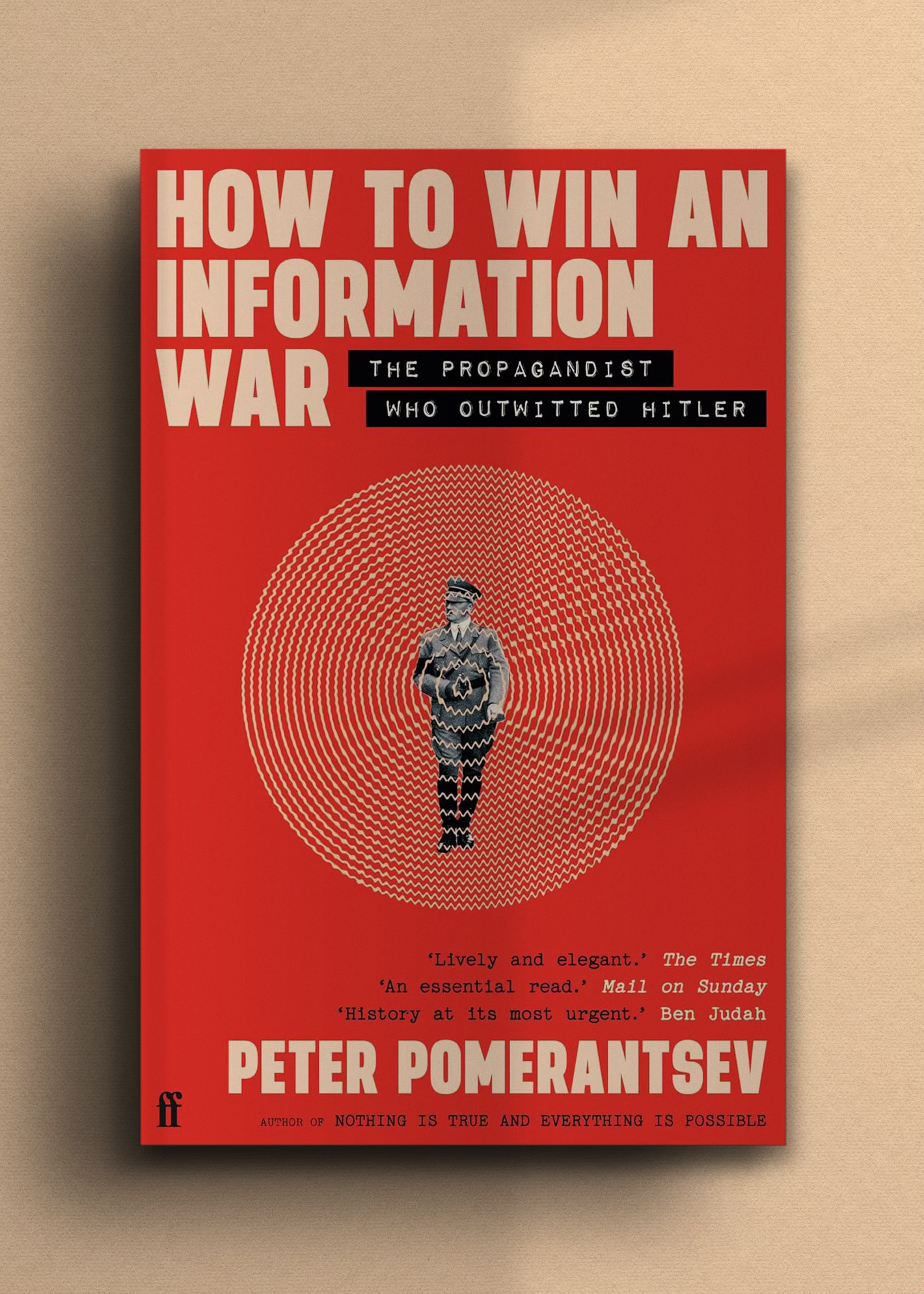
How to Win an Information War: The Propagandist Who Outwitted Hitler by Peter Pomerantsev
Faber, 7 March, 2024
Such was the hold of propaganda over the German people in the 1930s and 1940s, it is intriguing to learn about ‘Der Chef’, a broadcaster who seemingly worked the very heart of the Nazi military machine. He did not parrot Goebbels’s messages but instead cleverly called into question much of what was stated elsewhere. This, Peter Pomerantsev explains in this captivating new study, was only the start of it. For ‘Der Chef’ was not a real person at all, but an invention of the British operative Sefton Delmer.
So one of the most tangled of Second World War stories begins. Pomerantsev’s book is not a straight history of a curious episode. Instead How to Win an Information War is grounded in the present-day surrounds of the Russo-Ukrainian War. Thus Delmer’s story becomes a parallel for Pomerantsev’s own, as he tries ‘to turn the tide of [the] information wars’.

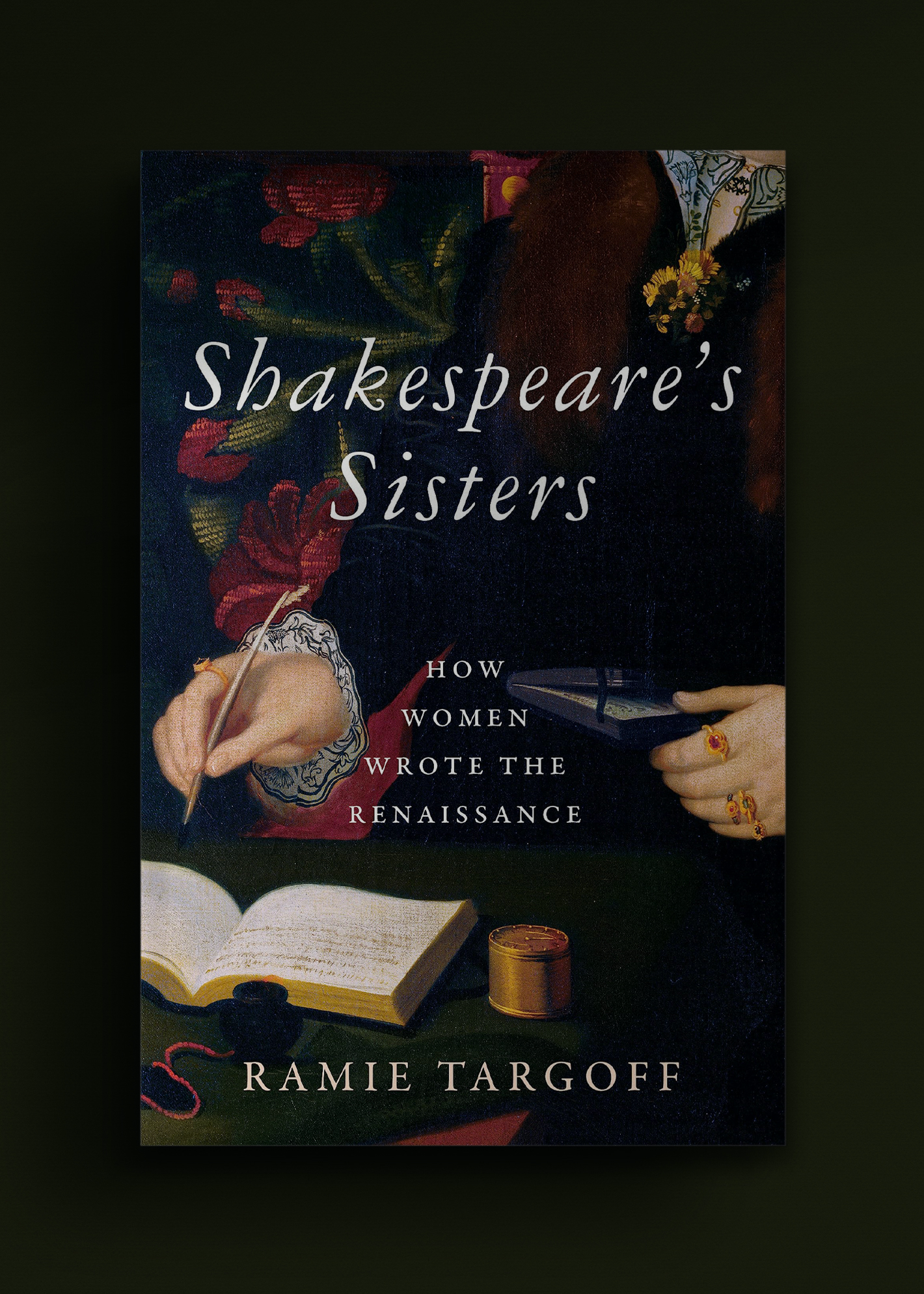
Shakespeare’s Sisters: Four Women Who Wrote the Renaissance by Ramie Targoff
Riverrun, 12 March, 2024
William Shakespeare is the pre-eminent figure in the history of English literature. While it is easy to classify him as a rare genius, it is important to remember that he lived at a time of great cultural flowering. Most people can, off hand, cite Christopher Marlowe’s plays, John Donne’s poems or the King James Bible as examples of other exquisite literary productions of the time. But what about the women?
This is a question Ramie Targoff seeks to answer in Shakespeare’s Sisters. Set in the Elizabethan Age, the book introduces us to four quite new characters. Mary Sidney, Aemilia Lanyer, Elizabeth Cary and Anne Clifford worked at a time when women remained the property of men. Returning to their poems, plays and diaries, Targoff shows us how they defied all odds and found voices of their own.

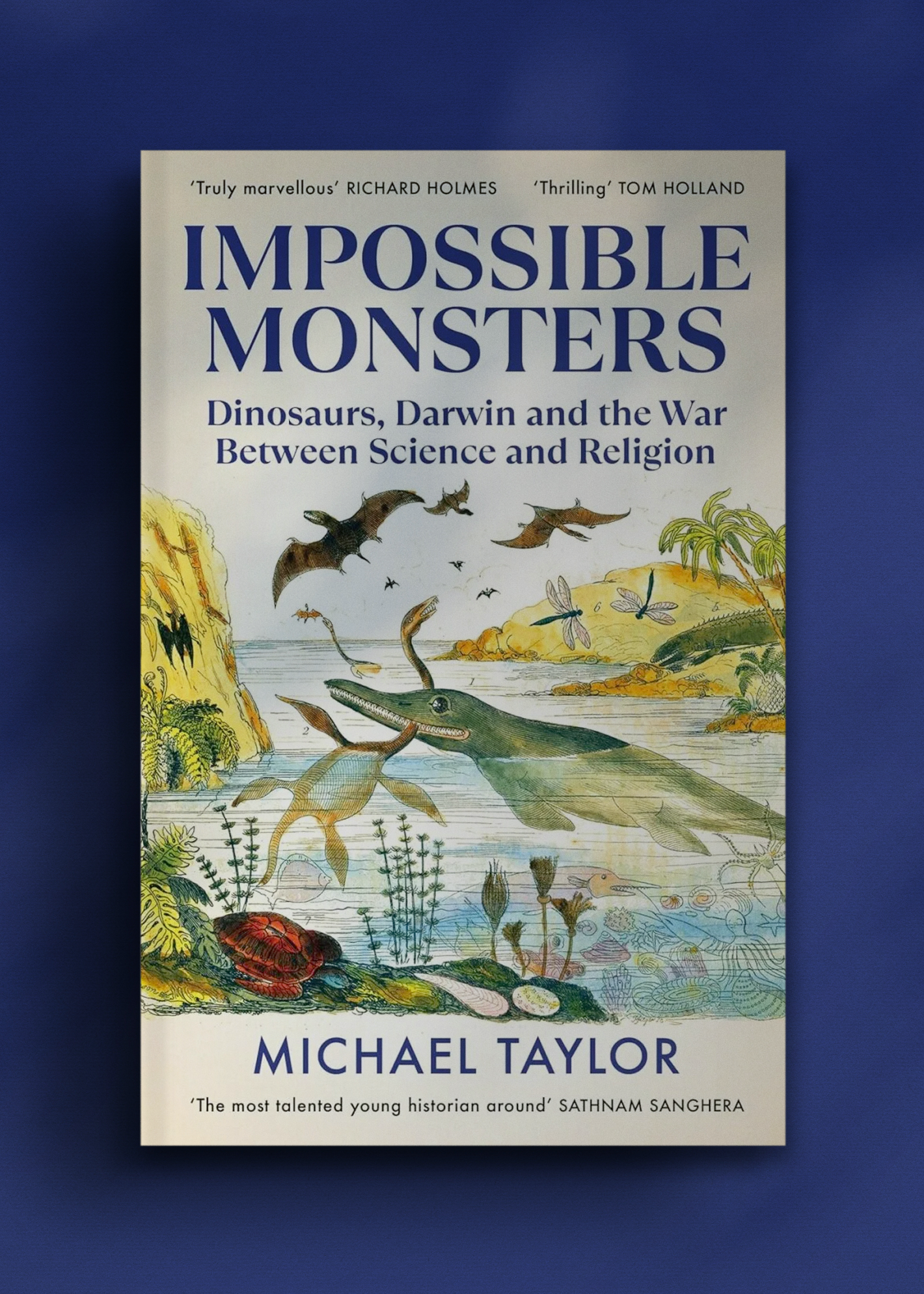
Impossible Monsters: Dinosaurs, Darwin and the War Between Science and Religion by Michael Taylor
Bodley Head, 14 March, 2024
For all the wars and social strife, people still think of eighteenth-century Britain as a safe and secure place. Perhaps one of the chief reasons for this was that its philosophical foundations were firm. The Christian religion delivered a unifying narrative about the origins of life on Earth.
But with the beginning of the next century came some challenging events. In 1811 strange-looking bones, seemingly belonging to some ancient creature, were dug up on Britain’s south coast. Other finds followed. The talk was not only of ‘strange monsters’, it was of ‘impossible monsters’, creatures whose existence challenged the orthodoxies of the time. This is the platform for Michael Taylor’s elegantly written new history, which follows the threads that lead, in time, to Darwin and his paradigm-shattering theory of evolution.

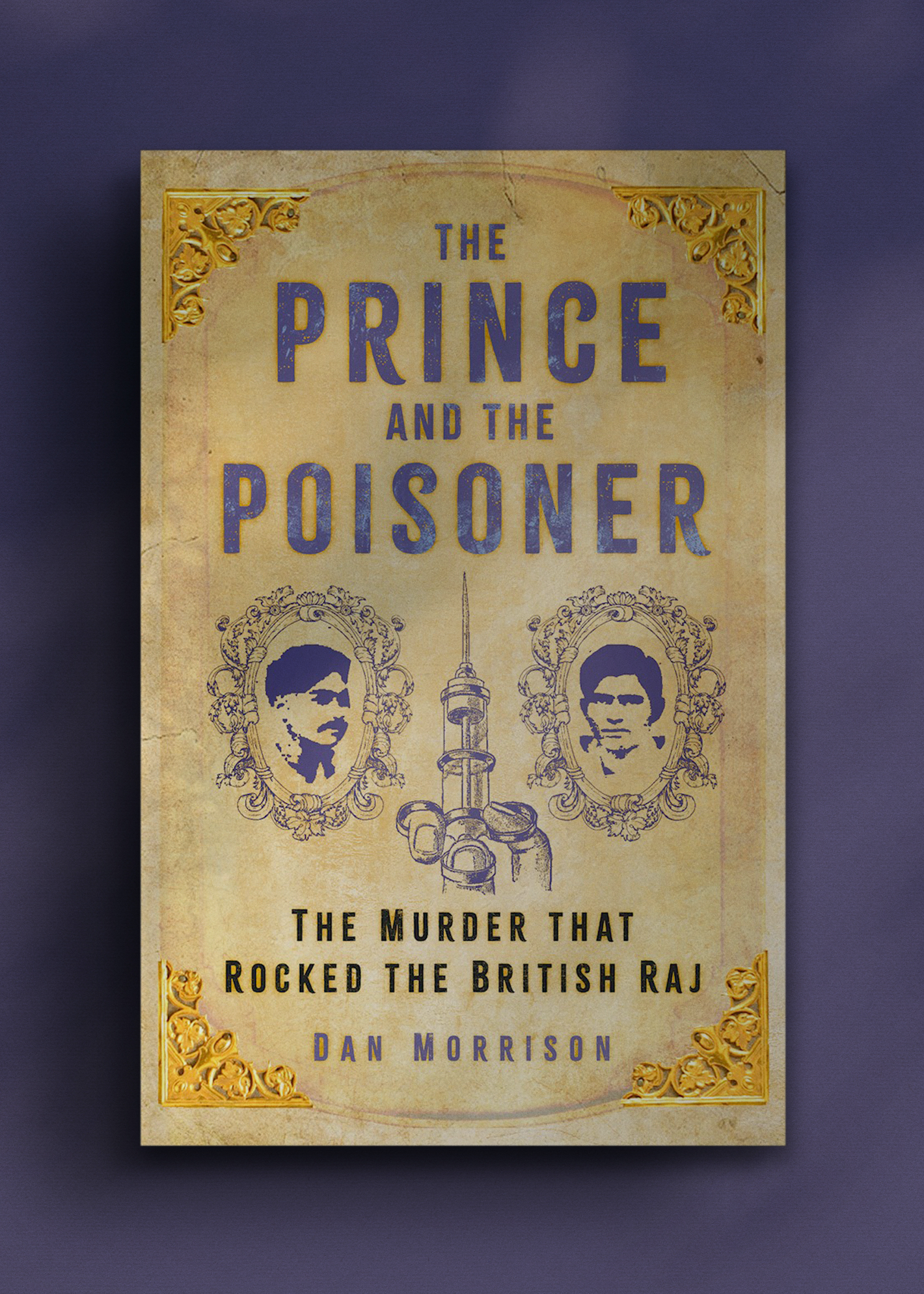
The Prince and the Poisoner: The Murder that Rocked the British Raj by Dan Morrison
The History Press, 14 March, 2024
It is now almost two decades since Sarah Wise’s The Italian Boy and Kate Summerscale’s The Suspicions of Mr Whicher energised the historical true crime genre. Those accounts showed that a murder could be much more than a lurid tale. It could act as a passport into a rich and elusive historical world.
Such is the case with Dan Morrison’s The Prince and the Poisoner: the Murder that Rocked the British Raj. The book is set in ‘Jazz Age India’ and begins on a crowded train platform in Calcutta when a victim is painfully jabbed in the arm. Written with the brio of fiction, Morrison’s narrative is both an intriguing glimpse of a fading imperial world and a compelling, mysterious tale.

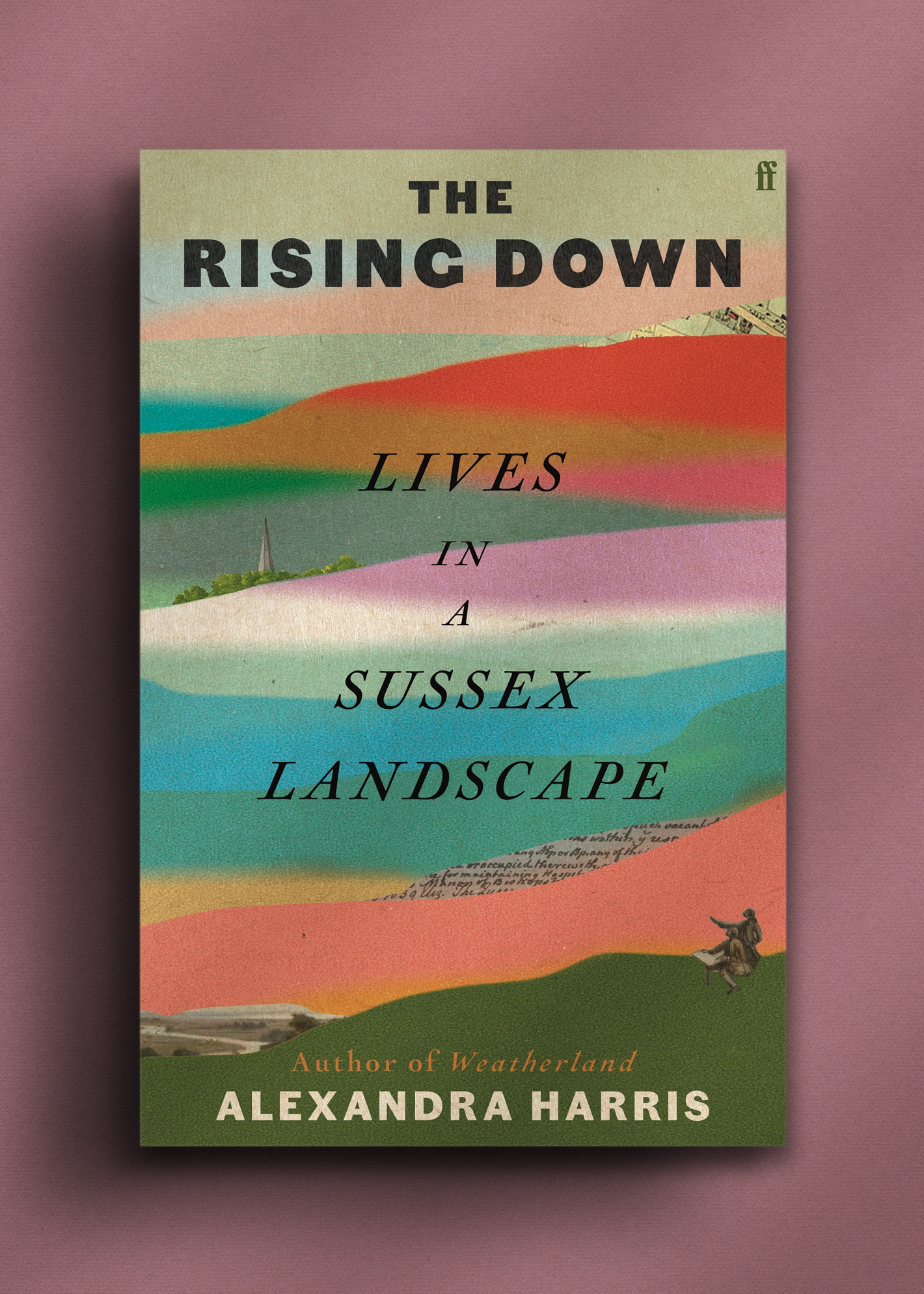
The Rising Down by Alexandra Harris
Faber, 21 March, 2024
With Romantic Moderns and then Weatherland Alexandra Harris forged a reputation for herself as one of the brightest of a new generation of literary scholars. In The Rising Down Harris returns to West Sussex, the landscape of her childhood, to evaluate the effect that it has had on generations of different artists.
Among those to feature are the painter Constable who, while being mostly associated with the rich countryside of Suffolk, also found a strong affinity with the south coast. Another is Ford Madox Ford, the modernist author who is remembered for his wartime novel The Good Soldier. A mix of memoir and literary biography, Harris Rising Down has already been described by one critic as being ‘humane, humorous and joyful’. It is a rich testament to the power of place on an artist’s mind.

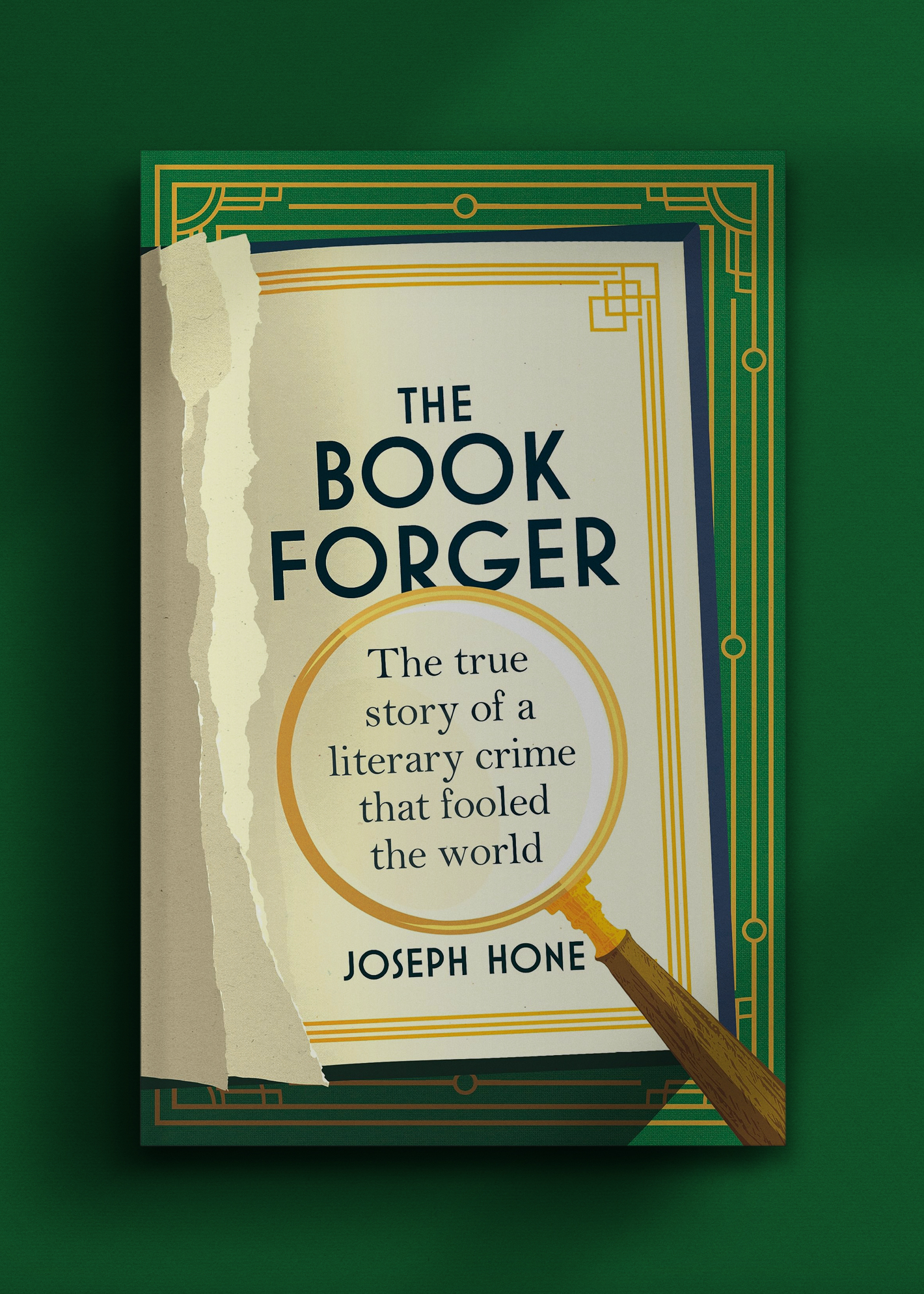
The Book Forger: The True Story of a Literary Crime that Fooled the World by Joseph Hone
Chatto & Windus, 21 March, 2024
Those of you looking for a historical page-turner can do no better than picking up Joseph Hone’s The Book Forger. Hone is an academic at the University of Newcastle, where he specialises in the literary culture of the early eighteenth century. This age was the setting for his previous book, The Paper Chase, a gripping micro-history rooted in the alleyways of Fleet Street.
The Book Forger also involves the publishing industry, but its story is set in a very different age – the 1930s. It tells the story of Thomas James Wise, a powerful collector and businessman known for his successes with rare books. Wise, however, is not all that he seems. This becomes apparent to two young booksellers on one fateful night. Their subsequent investigations go on to 'rock the book world to its core'.


Queen Victoria and her Prime Ministers: A Personal History by Anne Somerset
William Collins, 28 March, 2024
A decade ago, in his play The Audience, Peter Morgan made great entertainment out of the weekly interviews the late queen enjoyed (or not) with her premieres. In Queen Victoria and her Prime Ministers Anne Somerset does something similar. In view once again is the unique, unseen relationship at the heart of the British political system.
Victoria’s long reign ensures that this is a book of great scope. When she met her first prime minister, Lord Melbourne, she was a headstrong teenager. By the time of her last, Lord Salisbury, she was a ‘seasoned octogenarian’. Somerset provides tremendous insight into the various relationships along the way, most memorably with Benjamin Disraeli (very warm) and the Liberal William Gladstone (quite diabolical). Why, she complained of Gladstone, should this ‘dangerous old fanatic [be] thrust down her throat’.


All the Colours You Cannot Name by Joad R. Wren
Seren, 18 March, 2024
For those of you looking for a historical novel, then All the Colours You Cannot Name by Joad R. Wren is one of the works of fiction that caught our eyes this March. Set in that most eventful of years, 1666, it has the compelling context of a plague-ridden capital and the ensuing Great Fire of London as a background.
People also approached the year 1666 - marked as the year of the devil in the Book of Revelation - with a great deal of trepidation. All this provides Wren with a powerful platform for a work of fiction. He soon introduces us to James and Ellie White, two printers who are living and working just on the outskirts of the city walls. The novel follows their fortunes, which is described as ‘a deeply tender story of love and death.’
Walking the Streets of London in the 1660s
Joad R. Wren explains how he found inspiration and truth in Ralph Agas's map of London

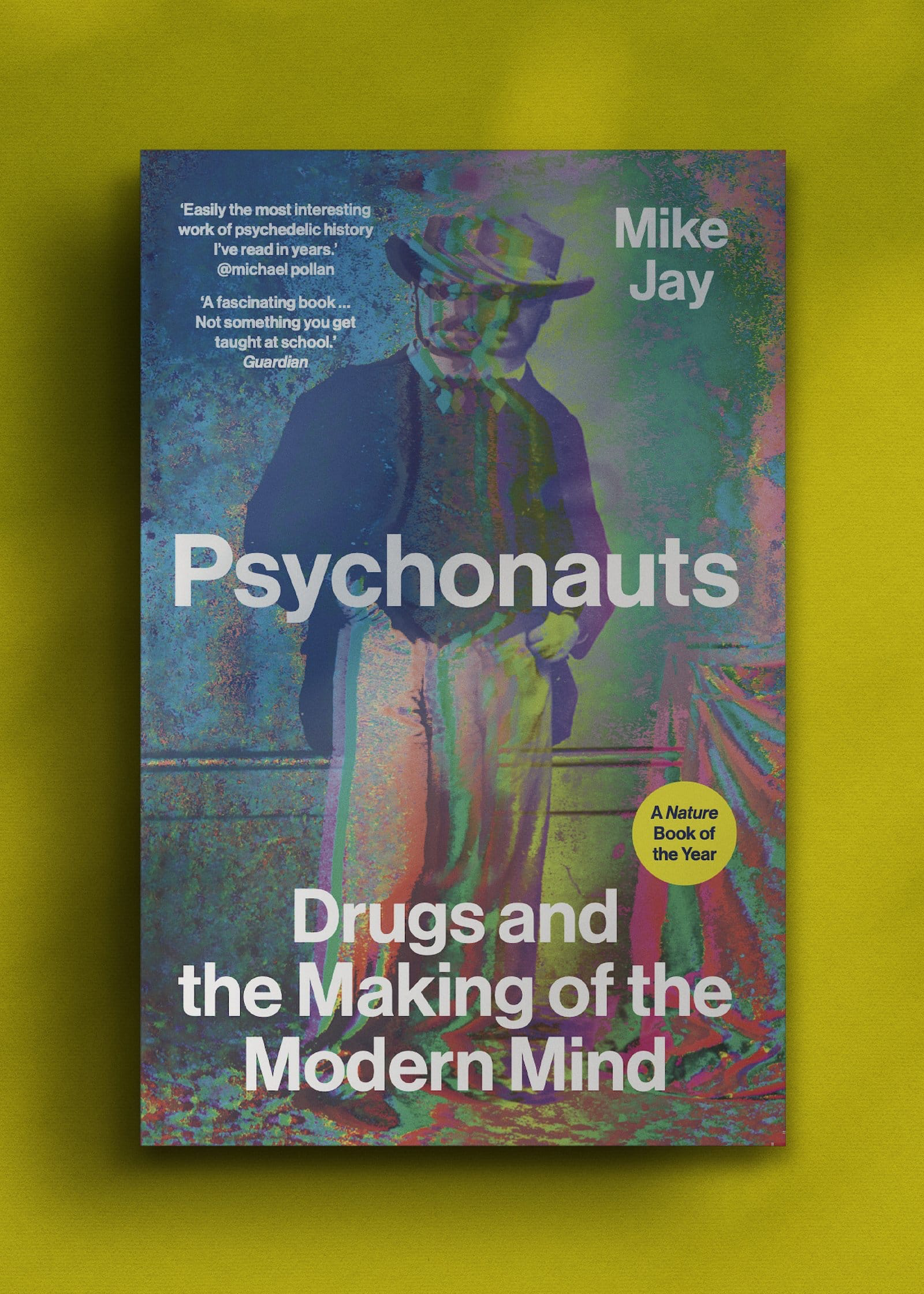
Psychonauts: Drugs and the Making of the Modern Mind by Mike Jay
Yale University Press, 9 March, 2024
March also brings the paperback release of one of last year’s critically acclaimed books. Mike Jay is very well known for his writing on the history of drugs. In Psychonauts: Drugs and the Making of the Modern Mind he concentrates on the vibrant history of self-experimentation in Western society. Among the stories that are included are Sigmund Freud’s use of cocaine in the 1880s and William James’s memorable experiments with nitrous oxide shortly afterwards, Jay identifies a period of history when drugs were seen by many to be the answer to modern society’s challenges. A rich and erudite book that has emerged out of many years of study, Psychonauts was one of Nature’s Books of the Year for 2023.
Cocainomania
Mike Jay on Sherlock Holmes and the detective's changing relationship with cocaine

📸 Dive into our Features
🎤 Read Interviews
🎧 Listen to Podcasts
🖼️ Buy fine art prints & more at our Store


